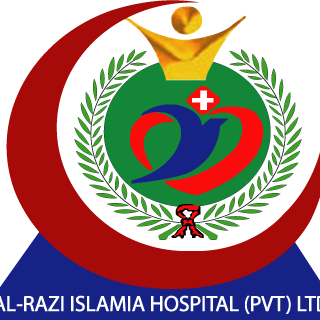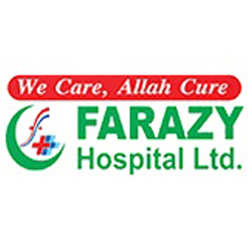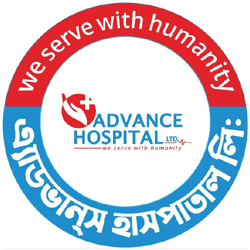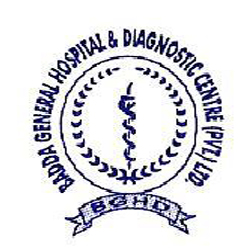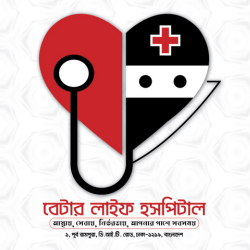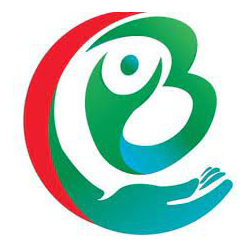Labaid Diagnostic | Badda
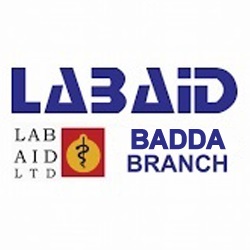
Labaid Diagnostic | Badda
Licence No. N/AHouse-04, Road-10, Merul Badda, Rampura, Dhaka, 1212, Bangladesh
It all started in year 1989. “When we started out in 1989, we noticed that patients in Dhaka had to wait as much as a week to get their results,” says Dr A. M. Shamim, Founder and Managing Director of Labaid. “So we decided to simplify matters by creating a one-stop center where patients could access doctors, diagnostics and pharmacies in one place. It has proved to be a successful model and you can find it in practice in Pakistan and India as well”, continues Dr. Shamim. And, of course in Bangladesh itself, where there are now 30 Labaid Diagnostic Centers in operation.
Dr Shamim and his colleagues have spent the three decades since then continuously looking for commercially sustainable ways of improving the country’s healthcare system. “We are always looking for areas of public demand where solutions are lacking,” Dr Shamim says. “We are pioneers and that is one of our great strengths.” It is a strength that stems from a deep understanding of the issues inherent within the Bangladeshi healthcare system and also from a genuine desire to fix them. These underlying characteristics have, firstly, prompted Labaid to diversify the range of services it offers to Bangladeshi patients. In 2004 it opened Labaid Cardiac Hospital to save so many Bangladeshis having to go abroad for cardiological treatment. This was followed by the Labaid Specialized Hospital (2006), the first multi-disciplinary super-specialty tertiary care corporate hospital in Bangladesh, and then by the Labaid Cancer Hospital. The Labaid Specialized Hospital in particular is regularly held up as a shining example of a successful synergy of state-of-the-art medical technology and equipment on the one hand, and the efficiencies that can be achieved through the appropriate implementation of an IT-based paperless medical record administrative system on the other.
Cutting-edge technology and software need highly skilled staff to operate them and Labaid has funded three educational establishments: the State University of Bangladesh (2002), the Bangladesh Institute of Medical and Dental Technology (1996) - the first private institute of its kind in Bangladesh, and the State College of Health Science (2006), who among them provide the health professionals, nurses, paramedics, physiotherapists and dental technicians required to give its and the country’s other medical facilities access to a regular pool of trained labor.
Right around the world, the pharmacy retail market has long been plagued by a proliferation of spurious medicines and Bangladesh has been no exception. To combat this, Labaid has both built its own pharmaceutical manufacturing plant and taken it upon itself to police the entire supply chain. “We wanted to be able to provide our patients with the best possible medicine, so we invested in the best factory, the best raw materials, the best people under the single slogan of ‘quality first’,” Dr. Shamim explains, “and because there was also widespread mistreatment of legitimate pharmaceuticals that were becoming contaminated through poor storage, we invested in setting up (so far 25) retail shops (Labaid Pharmacy) throughout the country to ensure safe medicine for consumers. We expect that our practices of direct supply from producers, cold chain of supply, and maintaining proper expiry dates of medicines will inspire 150 thousand pharmacies to follow suit.”
The Labaid story will not be complete without Labaid Agros (2004), which provides fresh and organic food and Agri products; and Labaid Properties Ltd (1995) that brings a Labaid brand of reliability in building homes and infrastructure for people.
Even more ambitious lie ahead particularly, in Dr. Shamim’s vision for myhealth.com, an Amazon-style platform for the country’s entire healthcare sector. “myhealth.com will be operated as a separate company,” he says. “The idea is to create a network of hundreds of hospitals, diagnostics centers and pharmacies that people can use to schedule appointments, order repeat prescription and get other forms of healthcare assistance. This is our growth strategy – to create a platform that all stakeholders can use.”


